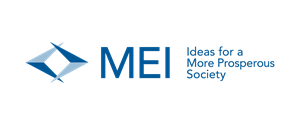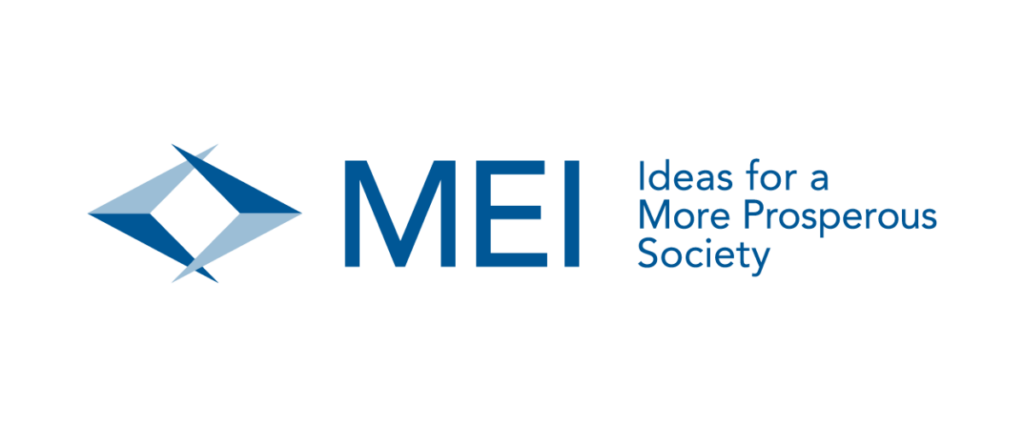

MONTREAL, May 2, 2024 (Globe Newswire) — Increasing capital gains inclusion rates will discourage venture capital investment and entrepreneurship in Canada, argues a study released this morning by the Montreal Economic Institute. ing.
“If the Trudeau and Legault governments are trying to drive out investment, they are on the right track,” said Emmanuel B. Faubert, an economist at MEI and author of the study. “We already have enough trouble attracting investment as it is, and higher taxes certainly won’t reverse this trend.”
In its latest budget, the federal government announced its intention to increase the taxable capital gains rate from 50.0% to 66.7%. For individuals, this applies above the $250,000 threshold, while corporations and trusts are subject to a new inclusion rate for all capital gains.
Following the announcement, the Quebec government, led by Premier François Legault, announced it would take similar measures.These changes will apply to capital gains realized after June 25thth.
For Quebec investors, this equates to an 8.9 percentage point, or 33.3 per cent, increase in the tax rate applicable to capital gains over $250,000.
The authors explain that such tax increases reduce the availability of venture capital by lowering expected returns, while keeping risk just as high, causing an estimated 90 percent of startups to fail.
A secondary effect of this form of tax increase is a delay in potential sales by venture capitalists, which reduces the stock of capital available to finance new projects.
MEI research identifies these two effects as being responsible for the decline in investment and entrepreneurship associated with higher capital gains taxes.
This link was confirmed in a 2022 study, which found that increased capital gains taxes reduced investment and innovation in U.S.-based venture capital-backed startups, resulting in lower patent counts. It was found that the quality of patents decreased.
“People make investment decisions by weighing the risks and potential rewards,” Faubert explains. “Research clearly shows that if you reduce the reward but have the same level of risk, investors are much less likely to invest.”
The MEI study is available here: https://www.iedm.org/wp-content/uploads/2024/05/lepoint052024_en.pdf
MEI is an independent public policy think tank with offices in Montreal and Calgary. Through publications, media appearances, and advisory services to policymakers, MEI fosters public policy debate and reform based on sound economics and entrepreneurship.
Interview request
renault brossard
Vice President of Communications
Mobile: 514 743-2883
rbrossard@iedm.org
@renaudbrossard
To follow MEI’s activities, subscribe to our Twitter account @iedm_montreal.



